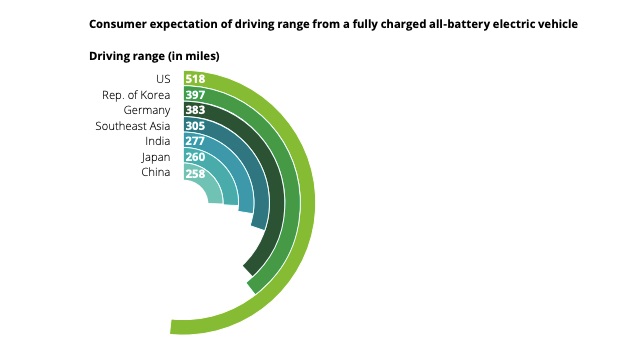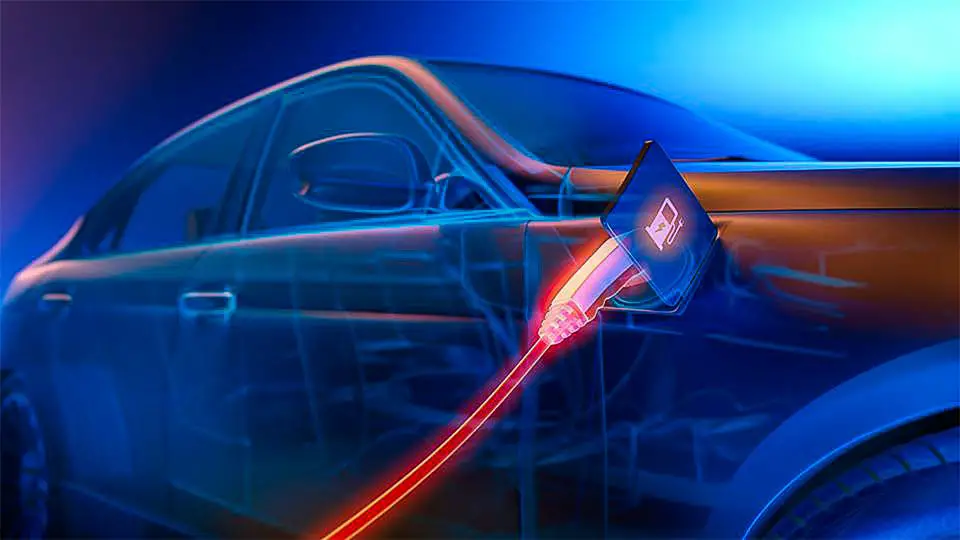Despite President Biden’s efforts, according to a study conducted by Deloitte, the majority of American consumers are still opposed to electric vehicles (EVs). Almost two-thirds of the 1,031 American respondents like to stick with internal combustion engine vehicles for their next automobile purchase.
Consumers in the US would choose conventional cars over EVs
Hybrid electric vehicles (HEV) appeal to 17% of buyers, while plug-in hybrid electric vehicles (PHEV) and battery electric vehicles (BEV) are appealing to just 5%. In contrast, consumers in South Korea (23%), China (17%), and Germany (15%) are more interested in BEVs.

Range anxiety and a lack of public charging infrastructure were the main reasons why respondents said they would not choose to buy an EV. According to the survey, for Americans, the greatest worry is the car’s driving range. To buy an EV, they’d need a staggering 800 kilometers of range — twice the distance cited by Chinese, Japanese, and Indian customers, for example.

The average automobile driver in the United States travels more than any other nation on Earth, clocking an astonishing 1,600 kilometers each month. Furthermore, 30% of the respondents believe that electric vehicles have a comparable environmental impact to conventional automobiles, while 21% think they are even more damaging.
Conclusion
While the sample size is small, we can still draw some important conclusions from it: the EV message has not been effectively delivered to American consumers.
Range anxiety is a reasonable deterrent, but the long driving range requirements indicate that customers are still ignorant of electric cars’ capabilities and mode of operation. The same goes for their environmental benefits.
Given that personal cars are still the most popular mode of transportation for 76 percent of respondents in the United States, it’s critical that traditional vehicles be replaced gradually by EVs.





